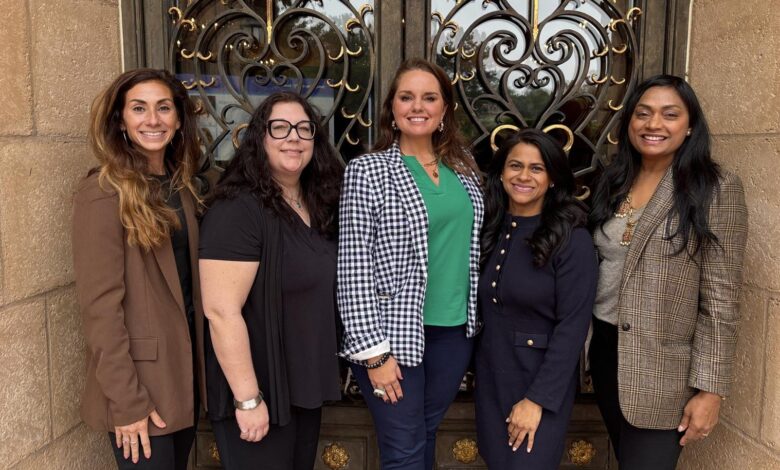
BITAC Sales & Marketing 2025 Panel: Digital Marketing and Commercial Strategies, Part 2
By Jim Nelson | May 9, 2025
SAN DIEGO, CA — Each year, BITAC and Hotel Interactive hold a Sales & Marketing executive event; this year’s occurred recently in this SoCal city, and on one panel a handful of leading ladies in the hospitality profession tackled the topic of digital marketing.
 Moderated by Pristine Hospitality COO Arti Patel, the panelists were Stonebridge Companies Corporate Director — Digital Marketing and E-Commerce Dena St. Clair; Jyoti Sarolia, president/CEO of Ellis Hospitality Group; Angela Vaughn, vice president, digital at Miles Partnership; and Kiley Watkins, director of digital marketing & strategy at Island Hospitality Management.
Moderated by Pristine Hospitality COO Arti Patel, the panelists were Stonebridge Companies Corporate Director — Digital Marketing and E-Commerce Dena St. Clair; Jyoti Sarolia, president/CEO of Ellis Hospitality Group; Angela Vaughn, vice president, digital at Miles Partnership; and Kiley Watkins, director of digital marketing & strategy at Island Hospitality Management.
In part 1 of this article, the topics covered included revenue generation and the role that Facebook, TikTok, and Instagram play in hospitality marketing. To begin part 2, Moderator Patel turned the discussion to AI and its influence in the digital world.
JYOTI SAROLIA: I also work with Milestone a little bit, and they did send some research; the research with ChatGPT is there’s 50 percent incremental traffic. The traffic is every single day, it’s 50 percent more than the day before. It’s exponentially higher than it has ever been from an inception perspective. People are not going to Google, they’re going to ChatGPT.
DENA ST. CLAIR: HSMAI (Hospitality Sales and Marketing Association International) recently put out a report called The State of Generative AI, and it was talking about a thought process referred to as “toil versus joy,” wherein toil are those menial, repetitive tasks that we all have to do that we don’t enjoy, that keep us from doing our bigger picture things that we actually do enjoy. So, if you can use AI to create those efficiencies and reduce the toil and increase the joy, not only are you more efficient, but your team is happier, it reduces turnover, and it’s good for the company overall.
KILEY WATKINS: We all participate on our revenue management calls. We have sales, we have revenue management, and we have property; in the past, revenue management would spend hours pulling reports from all these different systems and coming up with their own packet. Well, now we use a platform; they just hit a button, all the reports come to us. We can now spend the call talking about strategy and listening to the sales team. Now, in marketing, we’re like, “What does the wedding group want? They want a shuttle, they want a bar, they want to know the amenities in the room.” It gives us more time to focus on strategy versus pulling all these reports trying to come up with creative slogans. We just go to ChatGPT now: “Give me five creative slogans to target the wedding”; boom, bam, and then we can execute.
ANGELA VAUGHN: The properties that we see be most successful that we work with have the same exact approach. You have to have that three-pronged approach of marketing and sales and revenue, all three on the same page, working in tandem together. Truly, that’s what makes the property shine. That’s also where the operational challenges come into effect, because you need to be able to plan for your occupancy based upon whether you’ve got a group in house or leisure in house because that service set looks very different. The customer experience is ultimately going to drive that repeat visitor and other visitors willing to come and spend their money at that individual property, and that starts with that trifecta of those three teams working in tandem together.
AP: How do you see everything unfolding with AI, digital marketing, impressions, and socials five years from now?
JS: AI is the biggest disruptor that we’ve seen in a long time. Ten years ago, it was the iPhone 6; it couldn’t do much, but today, this phone can take you to the moon and back. That’s how powerful the phone has become, right? The technology has always been there; AI has always been there. Any time you’ve looked at a PMS system, that was AI. Five years ago, I don’t think they really got what AI was. They thought it was a robot that wanted to act like it was human. So, it’s a disrupter, but it’s here to stay.
AV: AI is not going to replace the human interaction in hospitality. All the research shows that the guest who’s coming on property to stay expects AI to have some sort of interaction with them, but there is still this desire for human-to-human connection. There’s a ton of research coming out of what that expectation looks like from generation to generation, but anybody who is a millennial or younger is expecting to have some sort of touch point with AI during their user journey.
KW: I think, too, it’s embracing different platforms. Back in the day, it was Google and the brand website. People want to see different content. I have three small children, and they go to YouTube for everything. My husband redid our entire kitchen; he taught himself through YouTube. I think now we just have to embrace that people are getting their information and doing their research from all different platforms, so we can have the best brand website, but if we don’t have presence on any of the digital channels, it may be losing potential audiences.

AP: Is there any advice you would give to management companies and/or to the digital space?
AV: My biggest advice is to always be experimental and not always looking for, “I do this and a booking happens.” Some of the things that you have in your marketing strategies are going to be much more evergreen, long lead type of content and tactics, whereas some things will definitely be much lower funnel [in terms] of expecting that revenue to immediately book upon that moment. If you want to be one of the early adopters of AI, you’ve got to be okay with being in an experimental and [innovative] type of mindset to learn from it. Much like we saw with social media 10 years ago, those early adopters who were willing to experiment with having their brand on this thing called a social media platform are the ones who really benefited from tapping into new audiences and figuring out how to turn that into a revenue-generating platform.
KW: Sometimes we make things so complicated, but at the end of the day it’s pretty simple: We’re in the hospitality business. It’s about the guest experience, so how can we use these digital tools to enhance it? I’m a big proponent of reputation management and social listening. What are our guests saying? If they’re all complaining about our breakfast, what can we do to fix it? You fix that, and I feel like the sales will just incrementally come in. It’s like influencers, in a sense — if people are having a good experience at your hotel, they’re going to talk about it, they’re going to tell their friends, they’re going to tell their employees, “You should stay here, you need to visit this place,” and then the revenue will come.
JS: AI is a disruptor. AI is an enhancer. AI streamlines efficiency. So, get ready for it and make it a normal practice. Be open minded to what’s out there and play a little bit with [it], whether it’s for one month, three months, or 12 months. Subscribe to something and dive deeper [into] it. There might be some successes there.
DSC: Testing’s huge, absolutely, to both of your points. Keep your eyes open and look outside the industry for inspiration. What are other industries doing that we can adopt? Who’s doing what and what are they doing better than us? What have they done first? What can we learn from them and bring into hospitality?
AP: I’ve spoken with so many of you that I feel are valuable clients to our brands, so how do I bring that voice? I think speaking to your management company, like I said earlier to the owners, is going to be very important. Tell them, “These are the brand requirements, but let us speak to you, or let me bring a company in to speak about the digital space and the AI programs and how we’re going to market that in the space of sales and marketing.”
AUDIENCE MEMBER: Which of the social digital platforms are you focusing most of your time and money on, and why?
KW: We do Facebook and Instagram; that’s where most of our audience is. We manage about 15 outdoor resorts, and Facebook is the No. 1 driver to our properties.
AV: Across the portfolio of 50-plus hotels we’re working with, we are primarily recommending Facebook and Instagram because those are the highest converting audiences we’ve seen. We have experimented with other platforms, such as Pinterest, especially trying to attract brides and things of that nature. We also have YouTube short films running in advance to try and get some of the CCTV units running. We also have experimented a lot with LinkedIn from a planner standpoint.
DSC: It depends where in the marketing funnel you’re looking to target people. Different channels have different degrees of return, but I agree with Facebook and Instagram for our industry for right now.
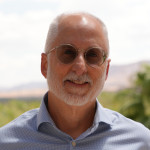
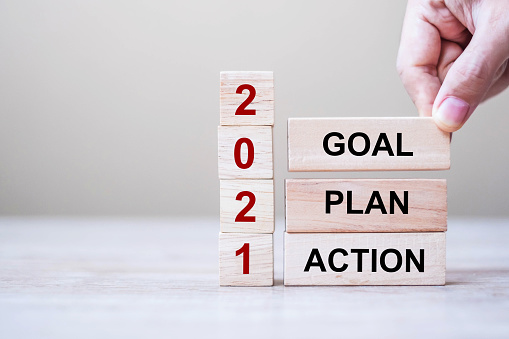

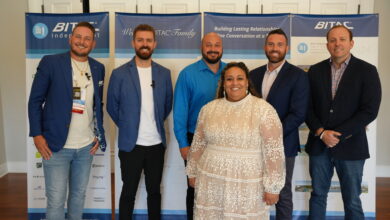
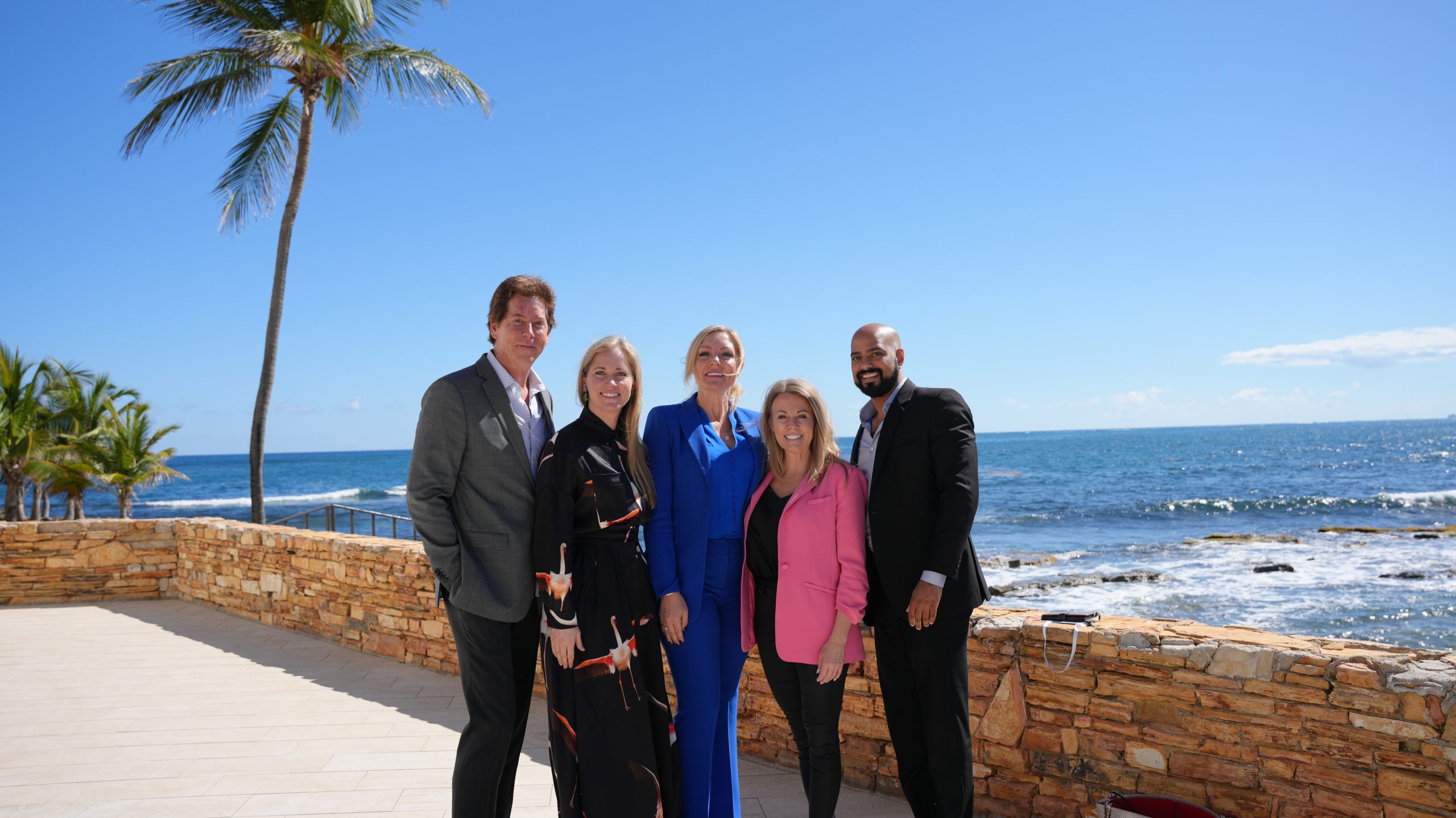
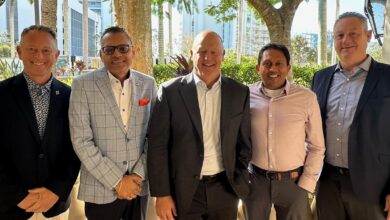
Get involved!
Comments